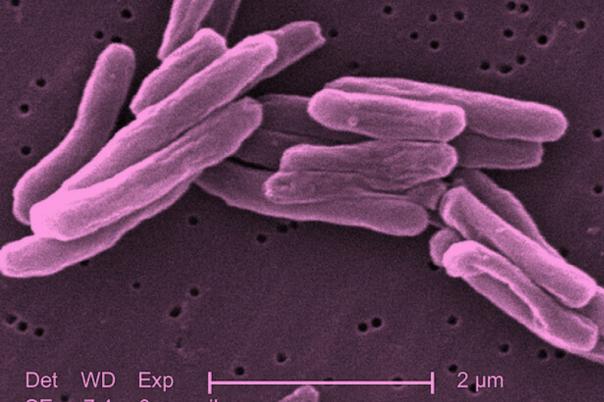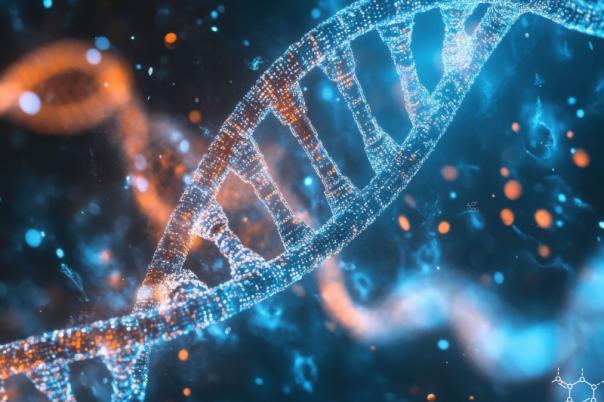Sunitha Nagrath, a Professor at the University of Michigan explored the use of advanced microfluidic and nanotechnologies to isolate and analyse circulating tumour cells (CTCs) from blood samples. Unlike traditional tissue biopsies, liquid biopsies offer a non-invasive method to monitor tumour evolution and treatment response over time.
However, CTCs are extremely rare and biologically diverse, so they pose significant challenges for detection and analysis. To address this, Nagrath’s team developed a label-free microfluidic labyrinth tool that isolates CTCs based on size and inertial forces, achieving over 90% efficiency. Next, these isolated cells are subjected to single-cell analysis using technologies like Fluidigm, digital droplet PCR, and 10X Genomics.
The research uncovered substantial heterogeneity among CTCs. There is inter patient variability but even within a single patient, epithelial, mesenchymal, and EMT-like phenotypes vary. In triple-negative breast cancer, a higher proportion of EMT-like cells correlated with disease aggressiveness. The team also demonstrated that CTCs carry clinically relevant mutations, such as EGFR variants in lung cancer, and exhibit copy number variations linked to tumour progression.
Importantly, the study examined the immune landscape of CTCs, showing that EMT-like cells are more susceptible to natural killer (NK) cell-mediated cytotoxicity. Many CTCs downregulated MHC Class I molecules, potentially explaining resistance to immune checkpoint inhibitors.
Further findings included the presence of CTC clusters which are more prominent in advanced-stage cancers. They displayed enhanced metastatic potential and immune evasion. The study also highlighted platelet cloaking as a mechanism for immune resistance. Overall, Nagrath’s work drives home the power of single-cell analysis in understanding tumour biology and guiding personalised cancer therapies, particularly in identifying patients who may benefit from NK cell-based treatments.




